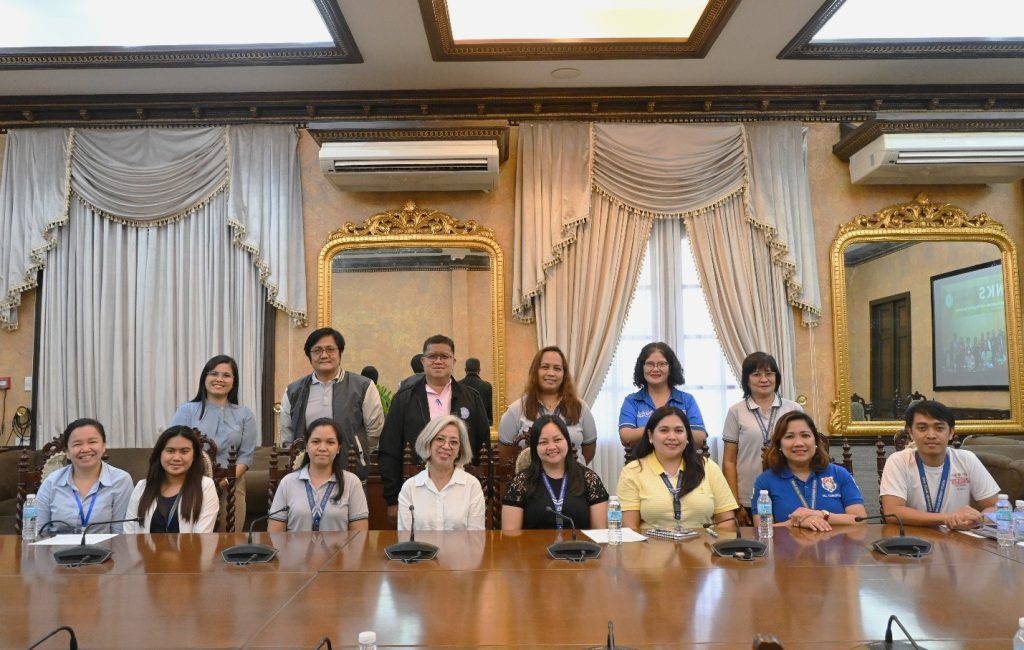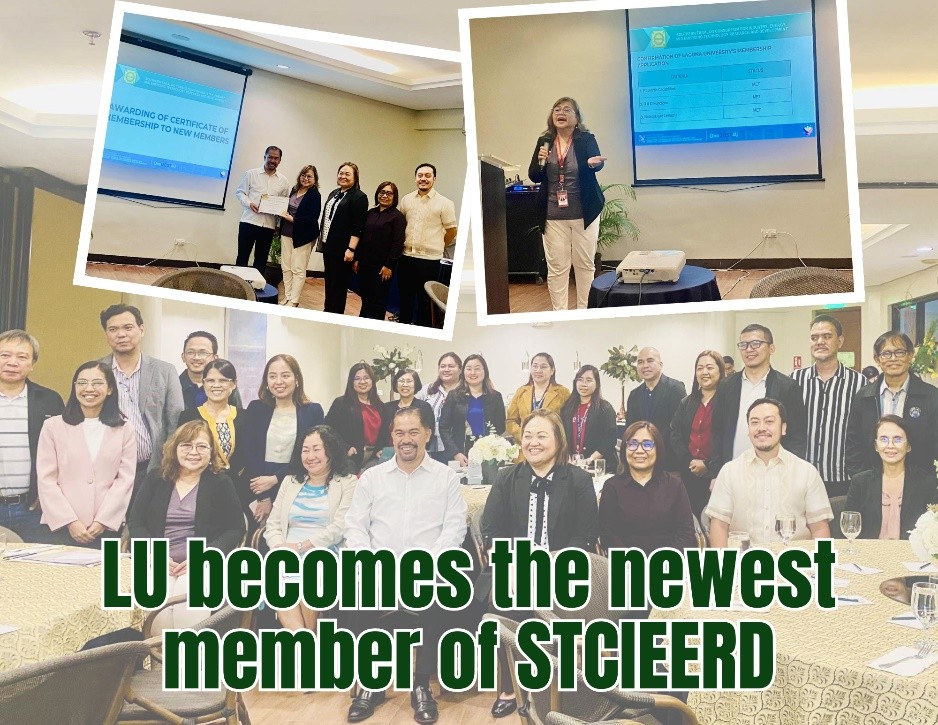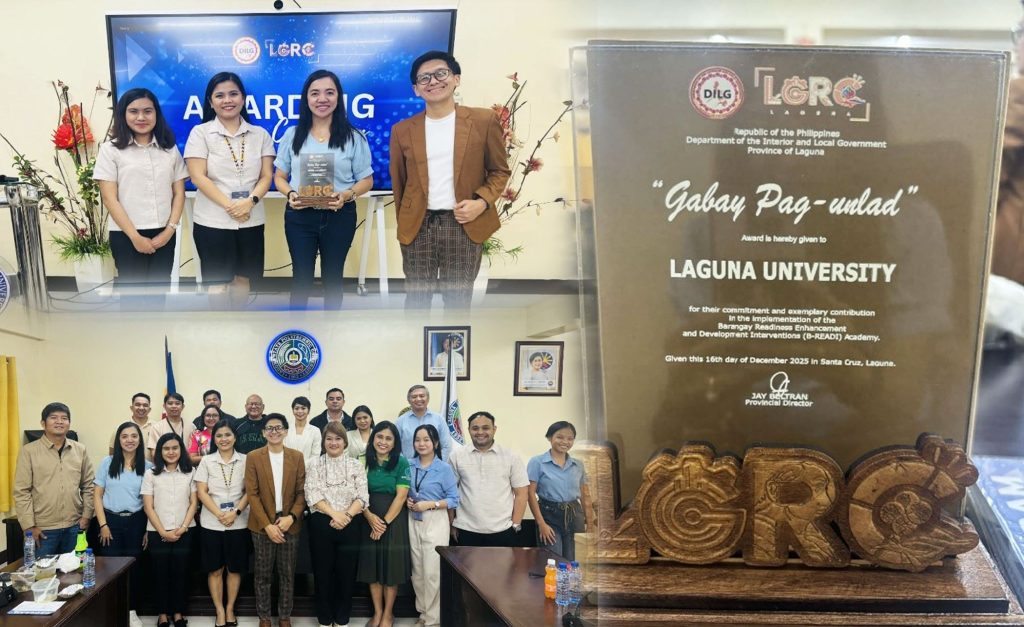The latest El Niño Southern Oscillation (ENSO) report by the Philippine Atmospheric, Geophysical and Astronomical Services Administration (PAGASA) indicates that La Niña conditions will persist through the February-April 2025 season, with a shift to ENSO-neutral likely between March and May 2025. This climatic event raises concerns for potential adverse weather impacts, including heavy rainfall, floods, flash floods, and rain-induced landslides in vulnerable areas. Additionally, with warmer ocean temperatures surrounding the Philippines, the humidity and heat index are expected to rise, further exacerbating the effects of these extreme weather conditions.
In response to the ongoing challenges posed by climate change, local government units (LGUs) in Laguna, particularly in the cities of Sta. Rosa, Biñan, and San Pedro, are intensifying their efforts to implement climate adaptation and mitigation strategies. A key component of these efforts is the Enhanced Local Climate Change Action Plan (eLCCAP), a program designed to help LGUs develop comprehensive plans for climate resilience. The second batch of eLCCAP pilot LGUs is progressing in their engagement with climate adaptation planning, focusing on greenhouse gas inventory (GHGI) tracking and reporting. Biñan and San Pedro have already reviewed their GHGI data, with additional support being provided to enhance data collection and emissions reduction strategies across the region.
The growing role of Barangay-based Volunteers for the Environment (BVWs) is also being highlighted in these discussions, with the number of volunteers increasing from 1,174 in 2024 to 1,763 in 2025. This surge reflects a greater community commitment to addressing environmental issues and supporting local climate action efforts. Baby Adriano’s advocacy has emphasized the importance of these volunteers in the ongoing fight against climate change, encouraging more people to get involved in protecting the environment.
Despite these advancements, significant hurdles remain. One of the most pressing issues is the unresponsiveness of electric companies, in providing essential energy consumption data for these cities. Without this data, LGUs face challenges in developing accurate climate action plans, particularly in sectors that are major contributors to greenhouse gas emissions. Furthermore, industries within the cities have been slow to provide the necessary emissions data, with plastic manufacturing plants in San Pedro and emissions from electronic component trade remaining largely unreported. This lack of transparency has made it difficult for local officials to assess the full environmental impact of their regions.
In an effort to address these challenges, some LGUs, such as Santa Rosa, have adopted a best practice that requires greenhouse gas inventory reporting as part of the business permit application process. This policy has been highly successful in Santa Rosa, and there are now calls for other cities like Biñan and San Pedro to follow suit. Advocates, including Mr. Ybardolaza from the Laguna Climate Change Adaptation and Mitigation Office (LCCAMO), recommend that this practice be escalated to the provincial level to ensure uniformity and encourage better data submission practices across all municipalities.
In addition to policy changes, efforts are underway to encourage the adoption of renewable energy, such as solar power, among local industries. However, the implementation of these projects has been stalled, with discussions continuing between local governments and the Department of Energy (DOE) regarding potential subsidies for renewable energy. To further engage the younger generation in climate action, the creation of an internship program under LCCAMO is also being proposed, aimed at providing hands-on experience in climate adaptation and mitigation projects for youth and young professionals.
Despite these initiatives, there is still a need for stronger coordination and cooperation between LGUs. Ms. Macalagay from PVET pointed out the need for broader participation, questioning why only a small fraction of the 6 cities and 24 municipalities in Laguna are actively involved in climate data collection and action. With significant gaps in the data required for comprehensive climate action plans, local government leaders are working to address these gaps and promote better data collection practices across all municipalities.
The path forward for Laguna’s climate action efforts involves continued collaboration, the implementation of mandatory data reporting practices, and increased community engagement. By addressing these challenges head-on, Laguna’s LGUs are positioning themselves as leaders in climate adaptation and mitigation efforts, aiming to create a more resilient future for their communities in the face of climate change.
By: Justine Faith O. Samson





